Law for Crime Under Islam
The foundation of Islamic Shariah law is the Qur'an; combined with the Sunna, or the Propher's model behavior; the consensus of the four schools (Ijma), and analogical reasoning (qiyas), according to Shariah: The Islamic Law by Abdur Rahman. I. Doi. These sources are considered divine. The Quran is belived to have "co-existed with God Himself in a heavenly book, known as the Mother Book" written in Arabic from all eternity, "[a] writes David Forte in Studies in Islamic Law; Classical & Contemporary Application. The Shari'ah seamlessly combines public, private and religious law, featuring elements of ancient codes, such as revenge. For instance, at a public execution for a crime againts a person, the victim will normally be present in the crowd, viewing the oimpending death. The punishmen6t is owned by the victim or their kin, and only they can stop the killing from taking place, normally by acceptance of blood-money (diya). The foundations of Islamic Shari'ah law is the Qur'an combined with the Sunna, or the Prophet's model behavior; the consensus of the four schools (Ijma), and analogical reasonong (qiyas), according to Shri'ah: The Islamic Law by Abdur Rahman I. Doi. These sources are considered divine. The Qur'an is believed to have "vo-existed with God Himself in a heavenly book, known as the 'Mother Book"written in Arabic from all eternity, "[a] writes David Forte in Studies in Islamic Law; Classical & Contemporary Application. It is hoped that the book will serve the purpose of students and scholars on the subject and can be useful to them in allied fields.
Get it now and save 10%
BECOME A MEMBER

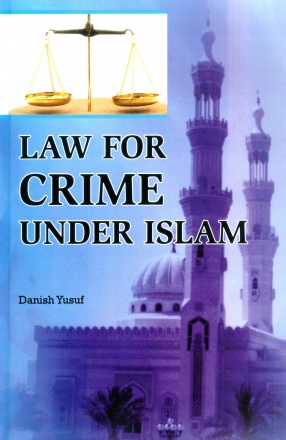

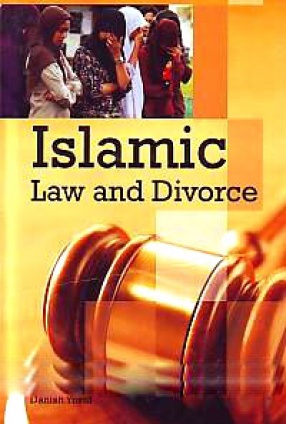


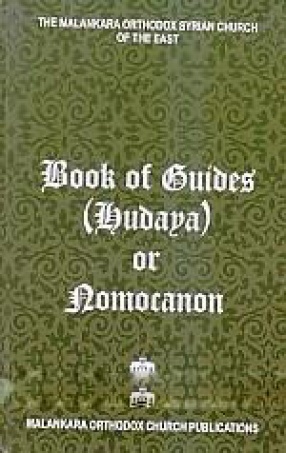
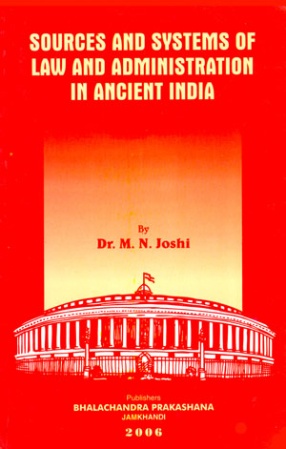
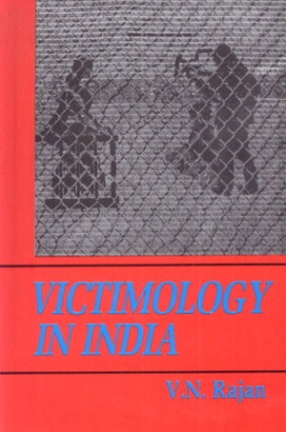

Bibliographic information